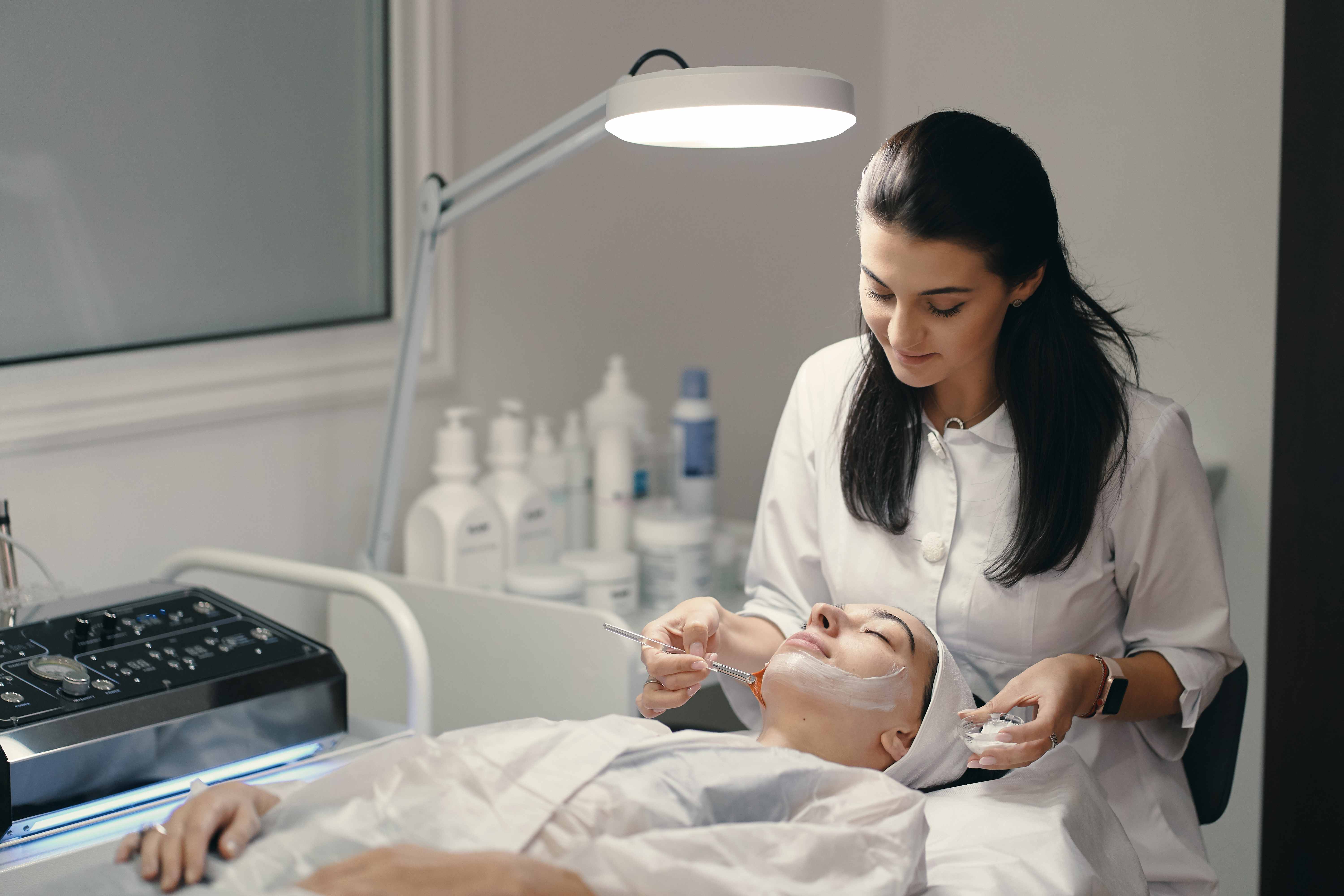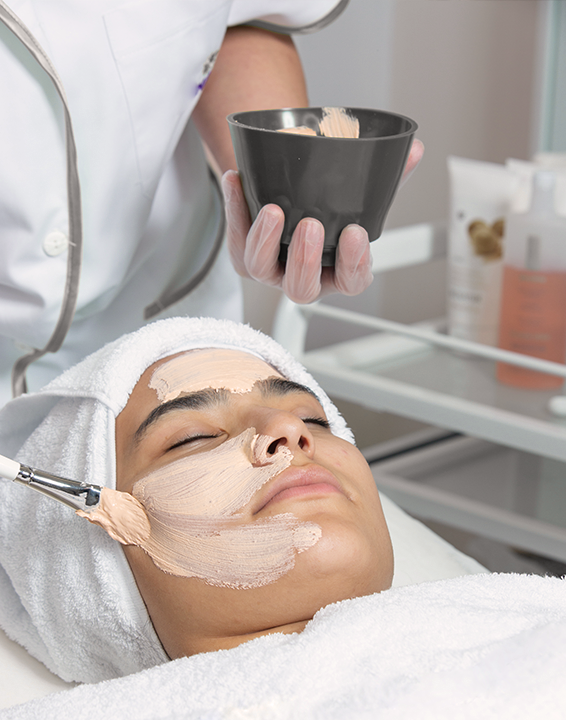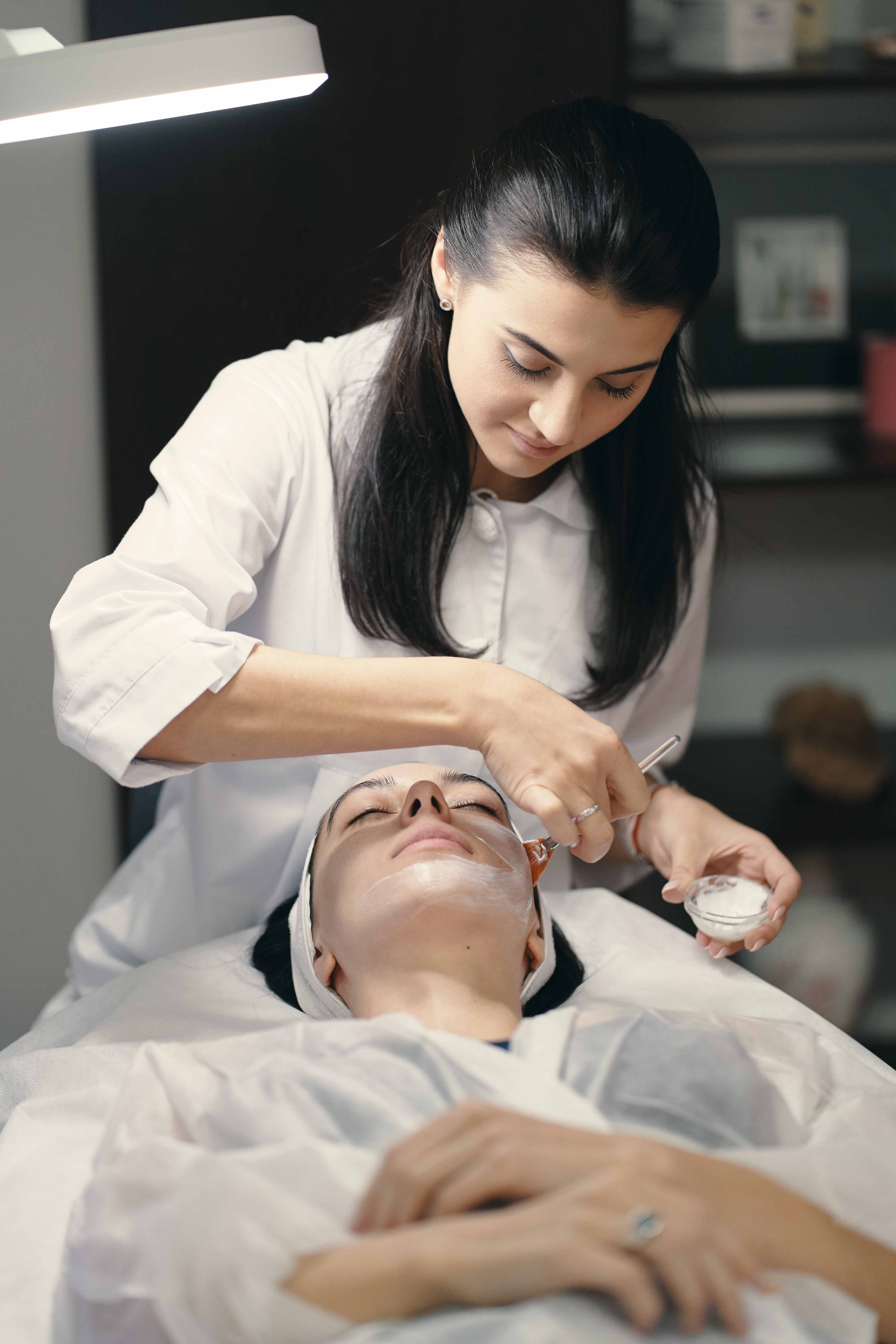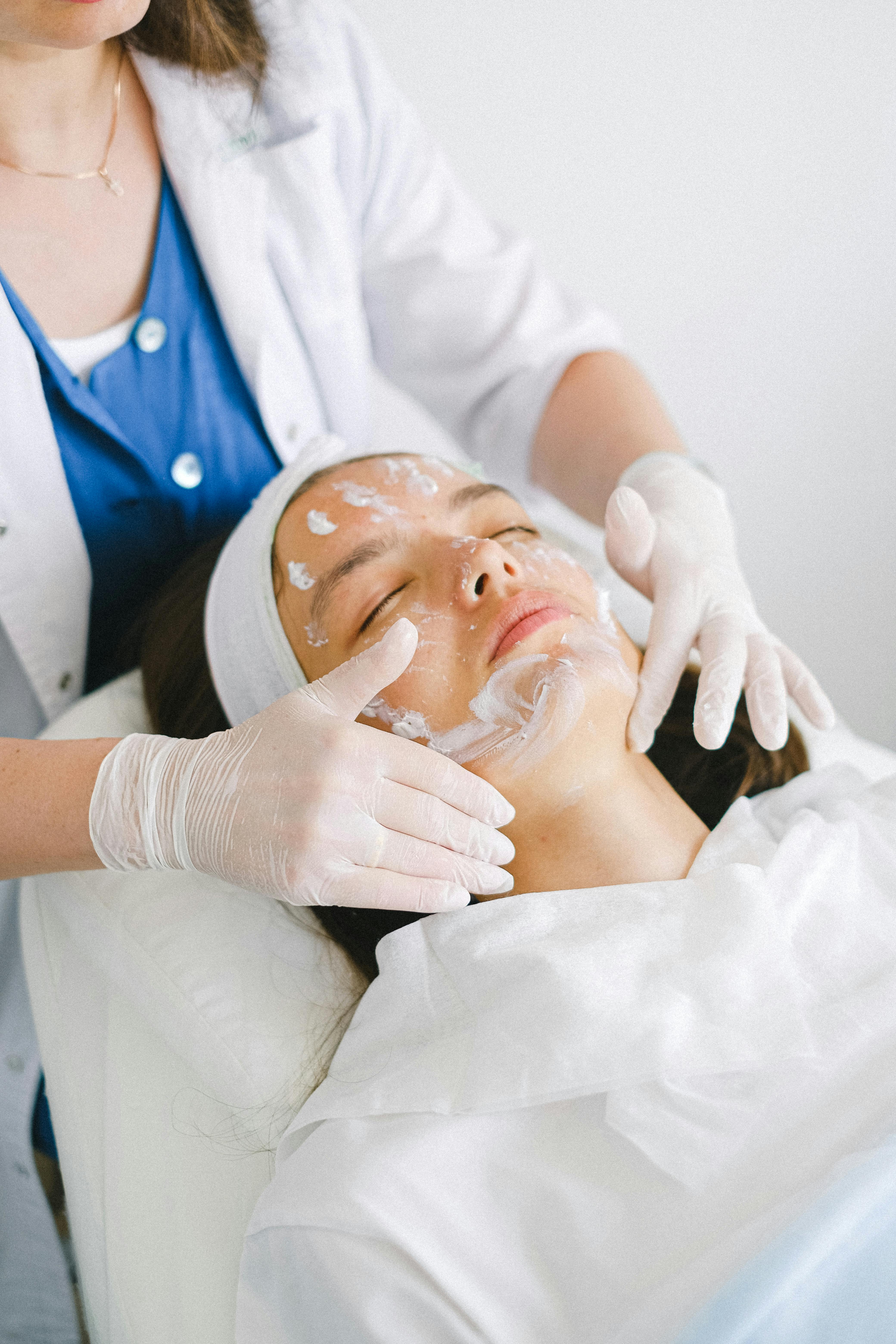
Teen Skincare: Establishing a Healthy Routine
Teen Skincare: Building Healthy Habits Early
Teenage skin needs special care due to hormonal changes. Focus on gentle cleansing, oil control, and sun protection. Avoid harsh products that strip natural oils.
Adolescence brings significant changes to the skin, and establishing good skincare habits during these formative years can set the foundation for a lifetime of healthy skin. Understanding the unique needs of teenage skin is the first step toward effective care.
Understanding Teen Skin
During puberty, hormonal fluctuations (particularly androgens) stimulate sebaceous glands to produce more oil. This increased sebum production, combined with dead skin cell buildup and bacteria, often leads to acne—affecting approximately 85% of teens to some degree.
Teen skin typically experiences:
- Increased oiliness, especially in the T-zone
- Acne breakouts (whiteheads, blackheads, papules, pustules)
- Larger, more visible pores
- Faster cell turnover than adult skin
- Greater resilience and quicker healing
However, not all teen skin is the same. Some teenagers experience combination or even dry skin, and sensitivity can occur at any age.
Essential Steps for Teen Skincare
1. Cleansing: The Foundation
For oily/acne-prone skin:
- Wash twice daily with a gentle foaming cleanser
- Look for ingredients like salicylic acid (1-2%) to help clear pores
- Consider benzoyl peroxide cleansers (2.5-5%) for inflammatory acne
For normal/combination skin:
- Use a balanced cleanser that doesn't strip the skin
- Consider gel or lotion formulations
For dry/sensitive skin:
- Choose cream or lotion cleansers without sulfates
- Avoid hot water, which further dries the skin
Tips for all skin types:
- Use lukewarm (never hot) water
- Cleanse for at least 30-60 seconds
- Pat dry gently—don't rub
- Always cleanse after sports or heavy sweating
2. Treatment: Targeting Concerns
For acne management:
- Salicylic acid (1-2%): Exfoliates inside pores to prevent clogs
- Benzoyl peroxide (2.5-5%): Kills acne-causing bacteria
- Adapalene (0.1%): Over-the-counter retinoid that regulates cell turnover
- Niacinamide: Reduces inflammation and regulates oil production
- Tea tree oil (diluted): Natural antibacterial option for mild acne
Start with one active ingredient and introduce others gradually to avoid irritation. Spot treatments can be used for occasional breakouts.
3. Moisturizing: Essential for All Skin Types
Even oily skin needs hydration. When skin is stripped of moisture, it can actually produce more oil to compensate.
- For oily skin: Oil-free, non-comedogenic gel moisturizers
- For combination skin: Lightweight lotions
- For dry skin: Cream formulations with ceramides or hyaluronic acid
Look for terms like "non-comedogenic," "oil-free," and "for acne-prone skin" on product labels.
4. Sun Protection: A Non-Negotiable Step
Sun damage accumulates from an early age, and protecting teen skin can prevent premature aging and reduce skin cancer risk later in life.
- Use broad-spectrum SPF 30+ daily, regardless of weather
- Choose oil-free, non-comedogenic formulations for acne-prone skin
- Reapply every two hours during outdoor activities
- Consider powder or gel sunscreens for easy reapplication
Common Teen Skincare Mistakes
Over-Cleansing and Harsh Products
Many teens believe that aggressive scrubbing or strong products will eliminate acne, but this approach often backfires by:
- Stripping the skin's protective barrier
- Triggering increased oil production
- Causing irritation and inflammation
- Potentially worsening acne
Inconsistency
Consistency is key with skincare. Encourage teens to:
- Establish a simple, sustainable routine
- Use products for at least 4-6 weeks before judging results
- Not switch products too frequently
Picking and Popping
This common habit can lead to:
- Increased inflammation
- Bacterial spread and more breakouts
- Prolonged healing time
- Scarring and post-inflammatory hyperpigmentation
Encourage teens to use spot treatments instead and consider hydrocolloid patches for active pimples.
Skipping Moisturizer and Sunscreen
Many teens with oily skin skip these crucial steps, not realizing they're essential for all skin types.
Lifestyle Factors for Healthy Teen Skin
Diet and Hydration
While research on diet and acne continues to evolve, evidence suggests:
- High-glycemic foods and dairy may trigger acne in some individuals
- Omega-3 fatty acids may help reduce inflammation
- Adequate hydration supports overall skin health
- Antioxidant-rich fruits and vegetables provide skin-supporting nutrients
Sleep and Stress Management
- Aim for 8-10 hours of quality sleep
- Practice stress-reduction techniques (stress can trigger hormonal fluctuations)
- Change pillowcases frequently (1-2 times weekly)
Sports and Physical Activity
- Shower promptly after sweating
- Avoid wearing makeup during workouts
- Use oil-free sunscreen for outdoor activities
- Clean sports equipment that touches the face (helmets, headbands)
When to See a Dermatologist
Consider professional help if:
- Over-the-counter products aren't effective after 2-3 months
- Acne is moderate to severe (many inflamed pimples or cysts)
- Breakouts are leaving scars or dark spots
- Skin issues are affecting self-esteem and social interactions
Dermatologists can provide prescription-strength treatments, including:
- Stronger topical retinoids
- Topical or oral antibiotics
- Hormonal treatments (for female patients)
- Isotretinoin for severe, resistant acne
Building a Positive Relationship with Skin
Beyond products and routines, help teens develop a healthy mindset about their skin:
- Focus on skin health rather than perfection
- Understand that some skin issues are normal during adolescence
- Recognize that social media images are often filtered and unrealistic
- Celebrate improvements rather than expecting overnight transformation
By establishing good habits early, teenagers can navigate this challenging skin period with confidence and set themselves up for a lifetime of healthy skin.
Share this article
Related Articles

Your Skin, Your Story: Building a Personal Skincare Routine
Learn how to create a skincare routine that's tailored to your unique skin type and concerns.
Read More
The Truth About Sunscreen: Why It's Non-Negotiable All Year Round
Understand why sunscreen is essential for skin health regardless of the season.
Read More
Why Medical-Grade Skincare Outperforms Over-the-Counter Brands
Discover the benefits of medical-grade skincare products compared to retail options.
Read More